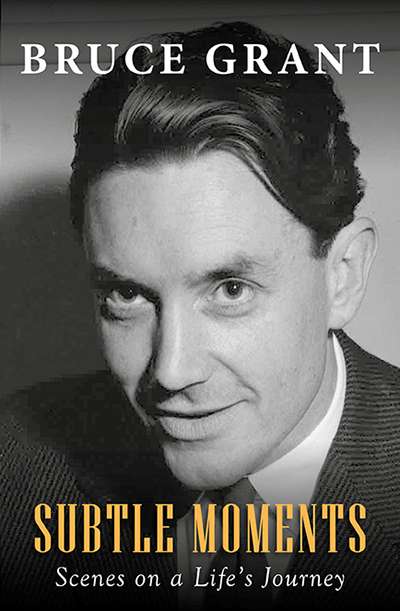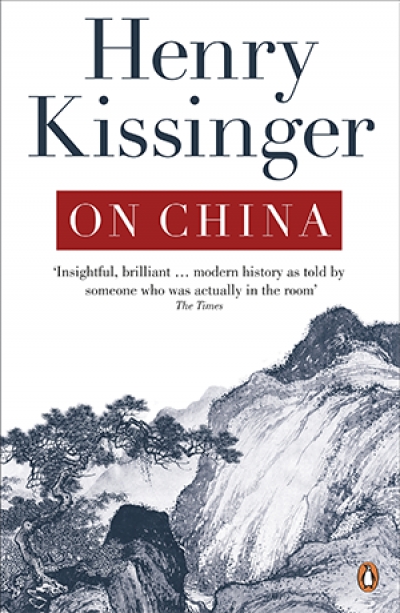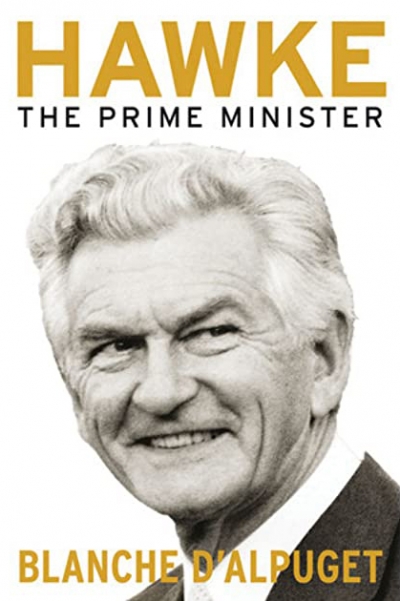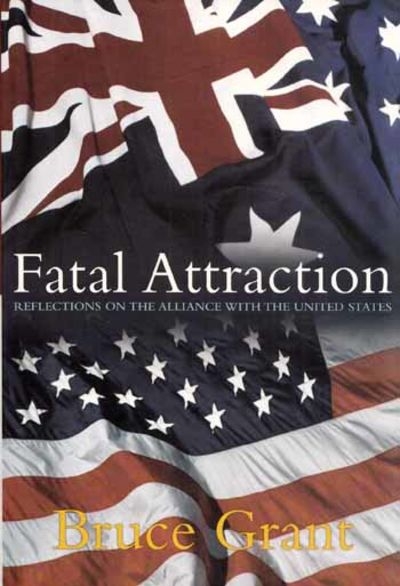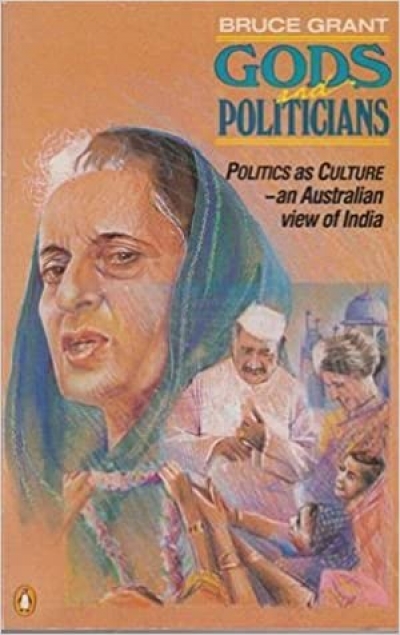Bruce Grant
Subtle Moments: Scenes on a life’s journey by Bruce Grant
by Alison Broinowski •
Why Leaders Lie: The Truth about Lying in International Politics by John Mearsheimer
by Bruce Grant •
Ill Fares the Land by Tony Judt & The Memory Chalet by Tony Judt
by Bruce Grant •
The Bridge: The life and rise of Barack Obama by David Remnick
by Bruce Grant •
Fatal Attraction by Bruce Grant & How to Kill a Country by Linda Weiss, Elizabeth Thurbon and John Mathews
by Jock Given •

